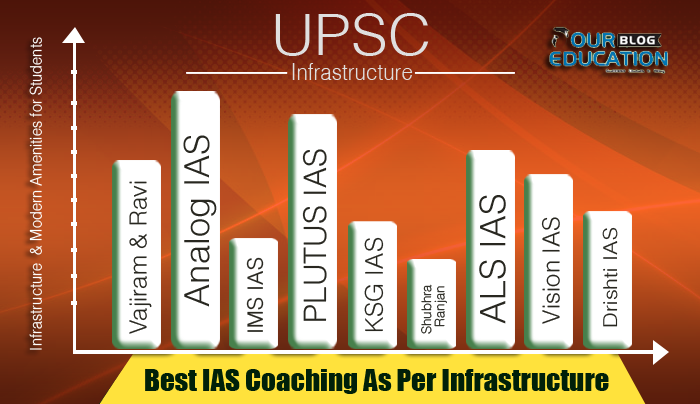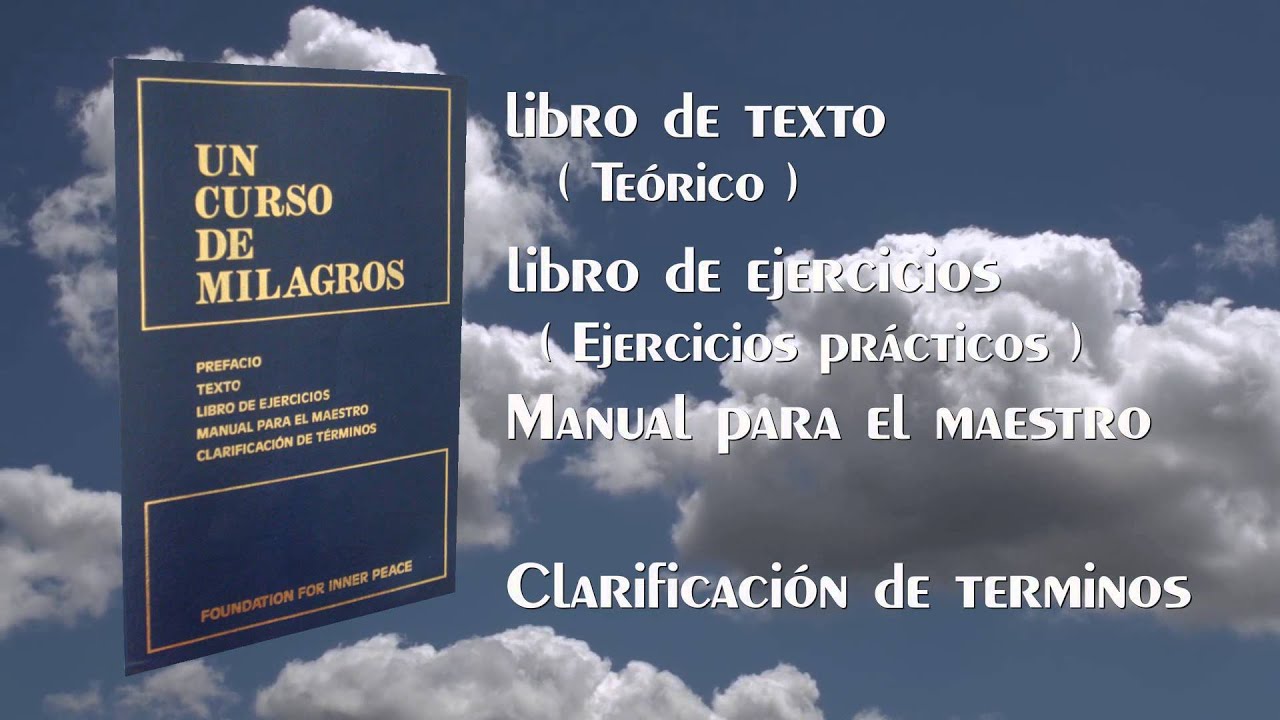Vocational Education and Training (VET) is also called Vocational training and Career and Technical Best IAS Coaching in Delhi (CTE)). It gets learners ready for careers based on manual or practical activities, traditionally non-academic and those related to a specific trade, occupation or vocation; hence the term, in which the learner participates.
Oftentimes, it is called technical education, since the learner directly develops expertise in a particular group of techniques or technology. Vocation and career are usually used interchangeably. Vocational education may be compared to education in a typically broader scientific field. This may focus on theory and abstract conceptual knowledge, characteristic or tertiary education. Vocational education is usually at the secondary or post-secondary level. It, normally, interacts with the apprenticeship system of skills enhancement.
Till the end of the 20th century, vocational education concentrated on specific trades such as, for instance, an automobile mechanic or welder. Hence, it was related to the activities of lower social classes. As a result, it was associated with a sort of stigma and vocational education got linked to the traditional and conventional apprenticeship routine of learning. But as the labor market got more focused and economies started to stipulate higher levels of skill, governments and businesses started increasingly investing in the future of vocational education.
This is done through publicly funded training organizations and financially supported apprenticeship or trainee schemes for businesses. At the post-secondary level vocational education is normally provided by institutes of technology, or by local community colleges. In the 20th century Vocational education got extremely diversified. It now exists in industries such as retail, tourism, information technology, funeral services and cosmetics, as well as in the traditional crafts and cottage industries.
There are several terms for online education. A few of them are: virtual education, online education, distance education, Internet education, web-based education, and education via computer-mediated communication. Essentially, online education is characterized by:
E-learning is classified as interactive learning. In this type of learning the content is made available online and gives automatic feedback to a students learning activities. Online communication with real people might or might not be included. However, the aim of e-learning is normally more on the learning content than on communication between tutors and students.




